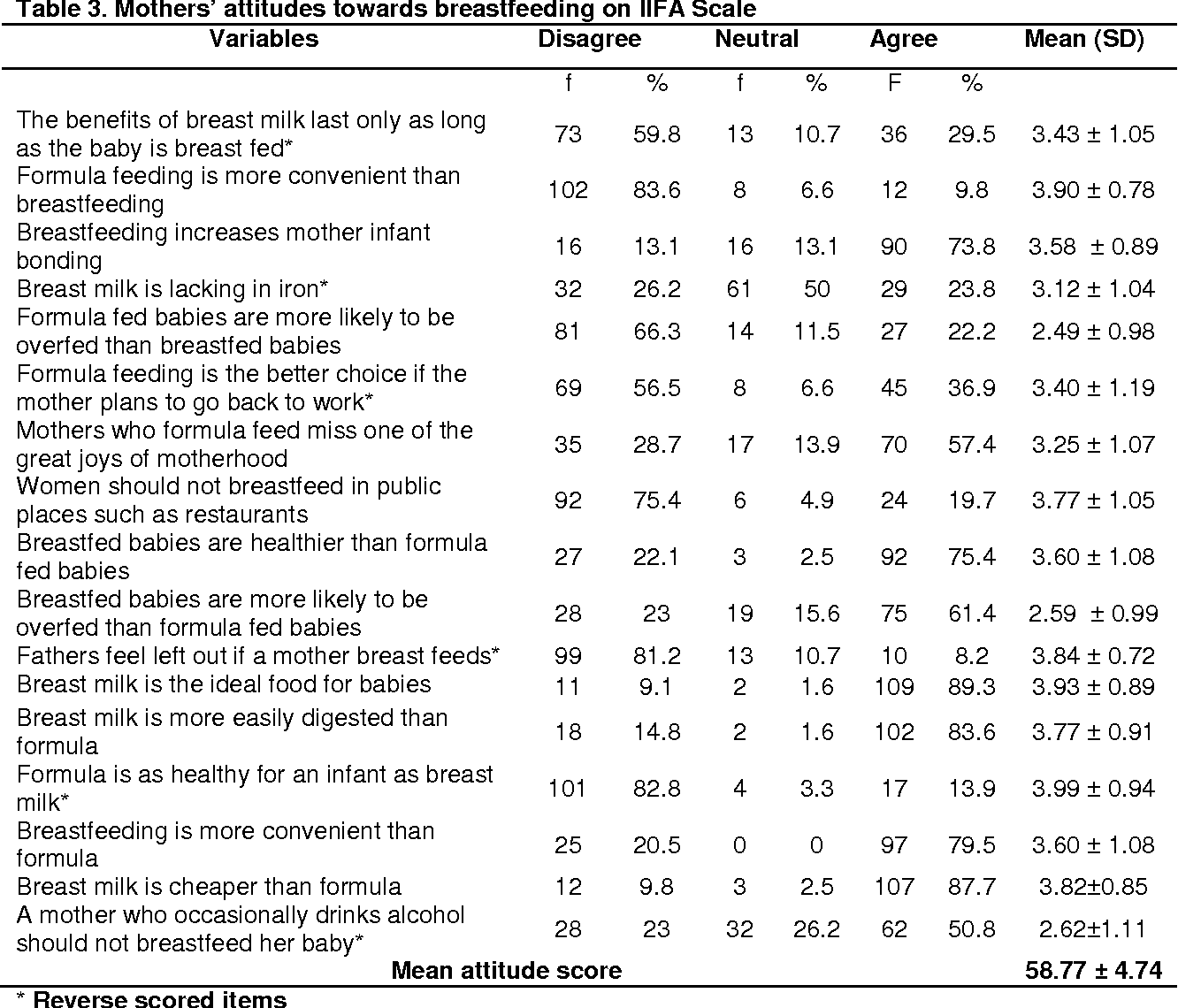

To date, several KAP studies have examined the associations of knowledge with attitudes or practices beyond understanding the prevalence of each. Similarly, recent studies on COVID-19 revealed that knowledge, perceived controllability, optimistic beliefs, emotion, and risk perception might all account for precautionary actions of the public. Prior studies on infectious disease epidemics showed that knowledge and awareness, risk perception, and efficacy belief help motivate people to adopt preventive behaviors. Therefore, a routine practice of precautionary behaviors among the public must become the new status quo.įor non-pharmaceutical public health interventions to successfully encourage and sustain preventive behaviors among the public, evidence on social, cognitive, and psychological factors associated with the behaviors is necessary. When people collectively engage in preventive behaviors, including practicing personal hygiene and maintaining social distance, it is possible to control the spread of the disease, according to recent studies highlighting that individual behaviors may dramatically decrease morbidity and mortality rates of COVID-19. Amidst pandemics, educating, engaging, and mobilizing the public to become active participants may help achieve public health emergency preparedness, reducing the overall population’s vulnerability. With the scarcity of clinical measures raising heightened concerns, it becomes increasingly essential for the public to engage in precautionary behaviors and the disease response and surveillance efforts at the policy level.

Also, there are no vaccines or treatments clinically proven to be effective yet. Responding to the pandemic has become a serious challenge, as little is known about the epidemiological evidence of the disease, including its transmission dynamics, epidemic doubling time, and reproductive frequency. Given the epidemic’s scale, timing, and unpredictability threatening the health care system’s routine capabilities, South Korea is confronting a public health emergency and experiencing an ongoing battle with the virus. After the first case was announced on January 20, there have been 59,773 confirmed cases and 879 deaths as of Decem. The epidemic in South Korea is an unprecedented crisis in recent history. On January 30, 2020, the World Health Organization (WHO) declared that the outbreak of COVD-19 constituted a Public Health Emergency of International Concern (PHEIC), calling for countries to take urgent and aggressive action against the spread of the virus.

Since many cases of the novel coronavirus disease 2019 (COVID-19) first appeared in Wuhan, China, in December 2019, the virus has infected millions worldwide. Future interventions and policies should also be developed in a ‘person-centered’ approach, targeting vulnerable subgroups, embracing them, and closing the gap of KAP toward COVID-19. To increase precautionary behaviors among the public, health officials and policymakers must promote knowledge and efficacy belief. Females ( β = 0.06, p < 0.05) and individuals with higher levels of education ( β = 0.06, p < 0.05) demonstrated higher levels of knowledge. The level of knowledge varied by sociodemographic characteristics. It mediated the relationship between knowledge and all three preventive behaviors (wearing facial masks, practicing hand hygiene, and avoiding crowded places). Among the influencing factors of COVID-19 preventive behaviors, efficacy belief was the most influential and significant practice factor. Knowledge directly affected both attitudes (e.g., perceived risk and efficacy belief) and practices (e.g., personal hygiene practices and social distancing).

Methodsĭata collection took place over 3 days (June 26–29) via an online survey 5 months after the Korea Centers for Disease Control and Prevention (KCDC) confirmed the first COVID case in South Korea 970 subjects were included in the statistical data analysis. This paper examines the public’s knowledge, attitudes, and practices (KAP) related to COVID-19 and their relationships and identified the pandemic’s vulnerable populations to provide recommendations for behavioral interventions and policies. The public must routinely practice precautionary behaviors to control the spread of COVID-19, as no vaccines and antiviral treatments are currently available.


 0 kommentar(er)
0 kommentar(er)
